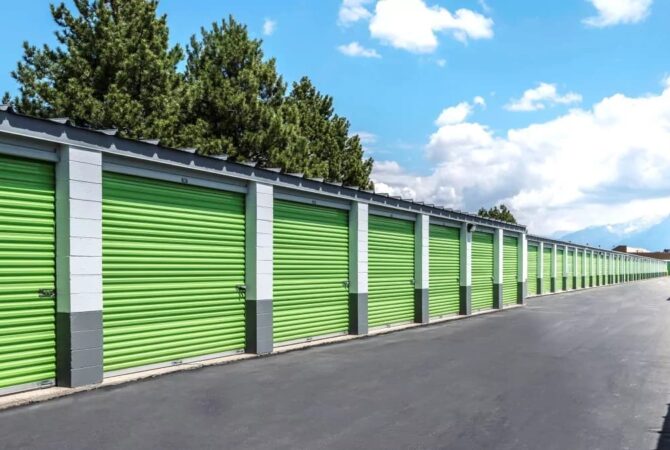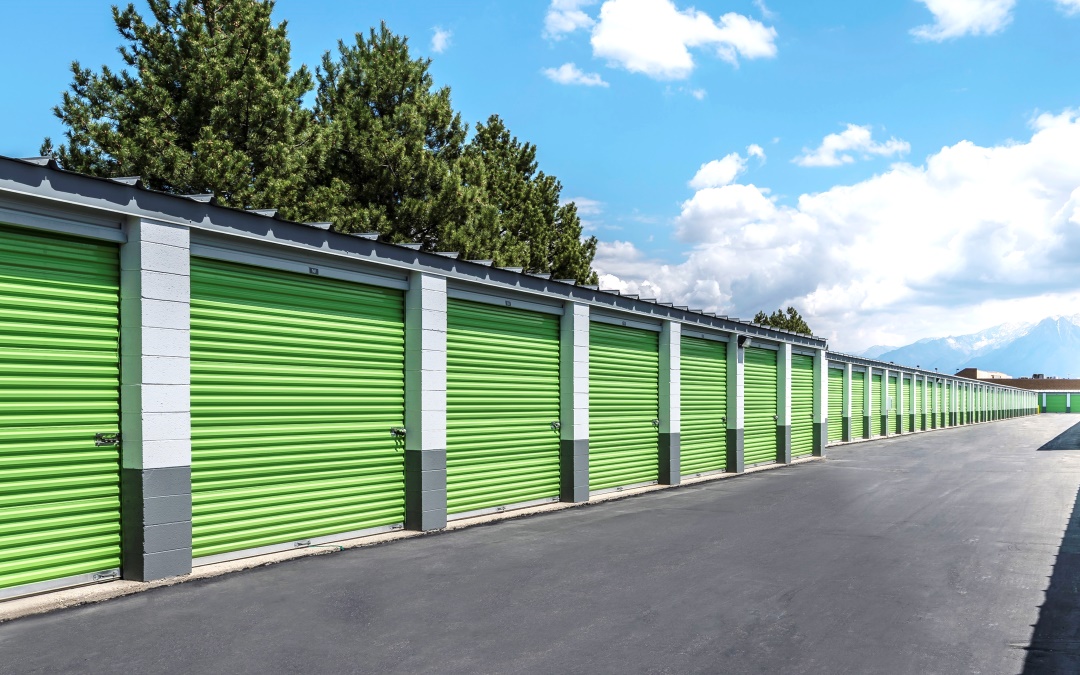When someone fails to pay rent for a certain amount of time, storage facilities often choose to auction off the unit to help pay for the rent owed. Once a unit goes up for auction, bargain hunters bid on the storage space in hopes of finding unique items. From learning about the bidding process to finding local auctions, here are some important things to know about storage auctions!
Check Local Listings & Auction Sites
To draw a crowd, storage companies will advertise upcoming unit auctions in advance. For those interested in an in-person auction, browse local listings or contact nearby facilities. If you’re looking to attend an online auction, auction websites are a great resource. Or consider joining social media groups and online forums for the latest information about storage auctions!
Register for Auction Day
To attend a storage unit auction, you need to register online or in person. This helps the facility know who is actively bidding on storage units. Once you have registered, the storage facility will assign you a bidding number. Don’t forget to check the auction details for important information like auction time, unit size, how long you have to empty the unit, and payment options.
Consider Auction Rules
It’s good to learn auction rules before you go. You don’t want to go into the auction without knowing the dos and don’ts. Here are some common storage auction rules:
- Auction bidders must be 18 years of age or older.
- You must have a valid photo ID, which includes a state-issued ID card, driver’s license, or passport.
- You bid on the whole storage unit, not item by item.
- There are no sealed bids—all bids are competitive and out in the open.
- The unit goes to the highest bidder.
- Payment methods vary—be prepared with both cash and card.
- The tenant has the right to pay the owed balance up until the auction payment has been received.
- While most facilities won’t auction off an unkept unit, watch out for any signs of mold, critters, and hazardous waste.
There are also rules about a unit’s contents:
- Any legal documents (i.e., birth certificates and passports) are not up for grabs. The storage facility will try to return these to the owner.
- Vehicles with no titles must be sold for parts because there is no proof of ownership.
- Firearms must be turned over to the police.
Set a Budget
Before you start bidding, it’s important to have a price limit in mind. When building your storage auction budget, think about additional costs like cleaning deposits and sales tax as this will affect how much you can spend. Consider practicing with an online auction to gain an understanding of how fast the bids go—and to avoid overpaying for a storage unit.
Keep Expectations Low
Attending an auction is nothing like what you see on storage auction TV shows. Be aware of storage auction myths. Instead of assuming you’re going to buy a unit full of treasures, it’s better to lower your expectations. Keep in mind that not every storage unit will be full of high-value belongings, and you can’t always keep everything you find in the unit.
Prepare for the Bidding Process
Before attending, take the time to research how the auction bidding process works. When the lock is broken, you aren’t allowed inside the space because this is viewed as trespassing. Instead, you can glance inside the unit from a distance. For online auctions, a picture of the unit is provided. Once you place a bid, you are allowed to retract it until the sale is complete. At the end of the auction, be ready to pay right away or by the end of the day.
Don’t Tell Others What You See
When an auction starts, you only have a few minutes to scout the unit out, so get there early and try to look for valuable items. If you attend an online auction (which lasts longer), you may have more time to look. Remember, not everyone will see what you see, and if the items are of extreme value, it’s better to keep this to yourself—you don’t want the bidding to get too high!
Unload Unit Contents
Once you pay, it’s time to get to work! Self storage facilities typically require the winning buyer to clear out the unit’s contents within 24-48 hours. Everything in the unit must go, even trash left behind. When unloading the storage space, here are a few things to consider:
- Secure your unit with a padlock
- Bring cleaning supplies and gloves
- Examine the contents and decide what you want to keep vs. sell
- Bring a vehicle large enough to haul items
- Make sure you have a space to store everything
- Think about a way to remove trash—some storage facilities don’t allow you to use the trash cans onsite
Frequently Asked Questions About Storage Auctions
Why do storage facilities hold storage auctions?
Self storage facilities auction storage units off when tenants default on payments or abandon their units. The storage facility tries to reach the renter, and if they can’t contact them, then the unit goes to auction. The money made during the auction is used to compensate for lost rental fees.
How do I stop my storage unit from going to auction?
Paying rent on time helps prevent your items from going to auction. In order to have access to your belongings, you will need to pay the facility all of the back rent and fees owed in full.
Are storage auctions open to the general public?
Storage auctions are open to the public. No auctions take place behind closed doors. The best way to find an auction in your area is to check local listings and auction websites or give a nearby storage facility a call.


